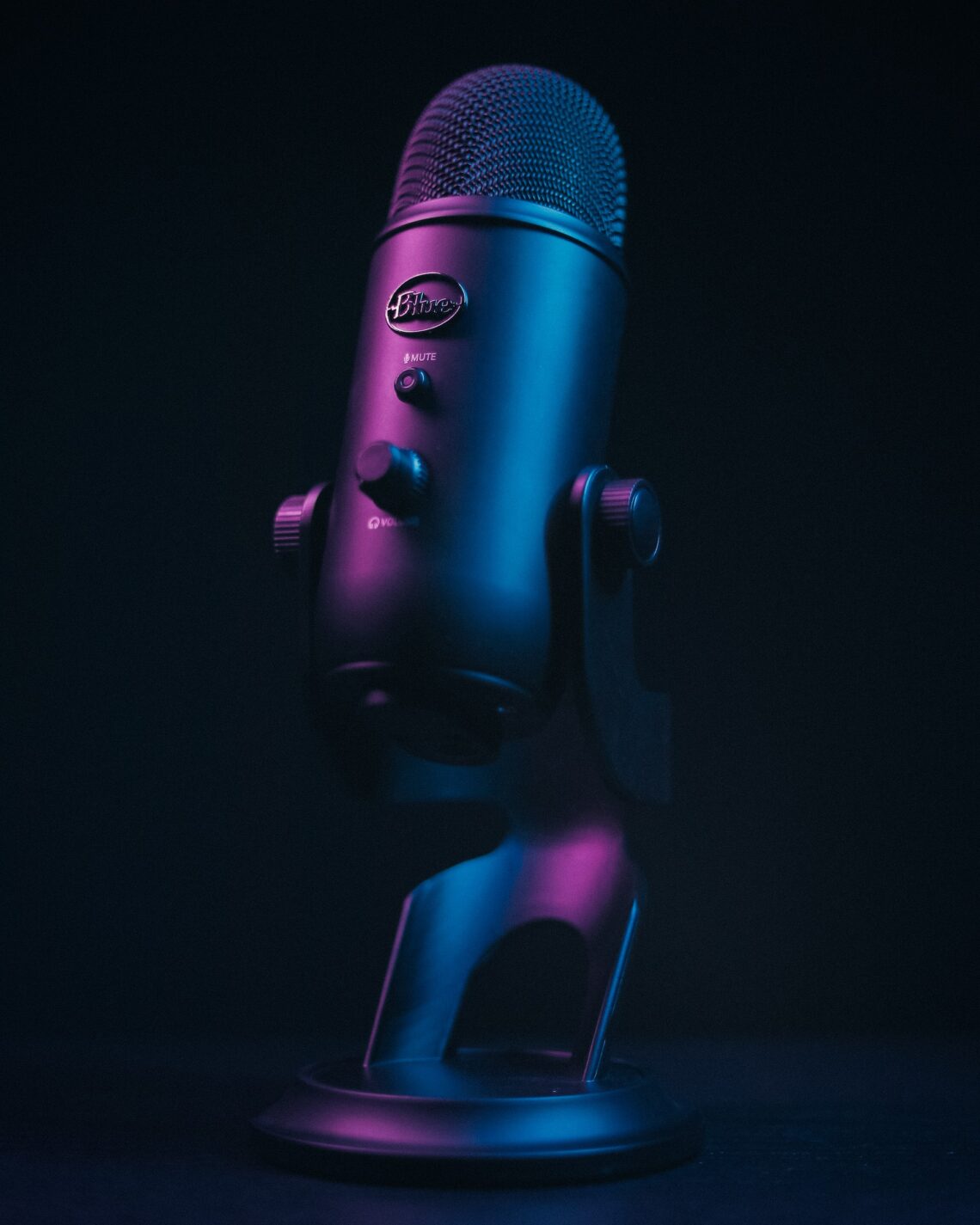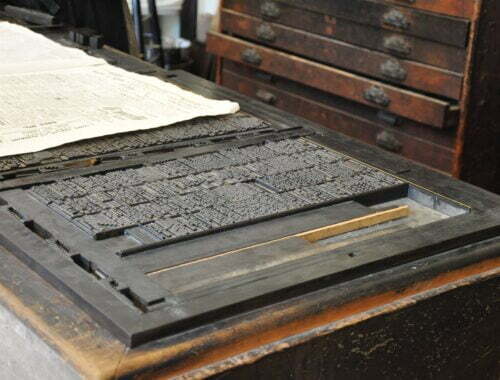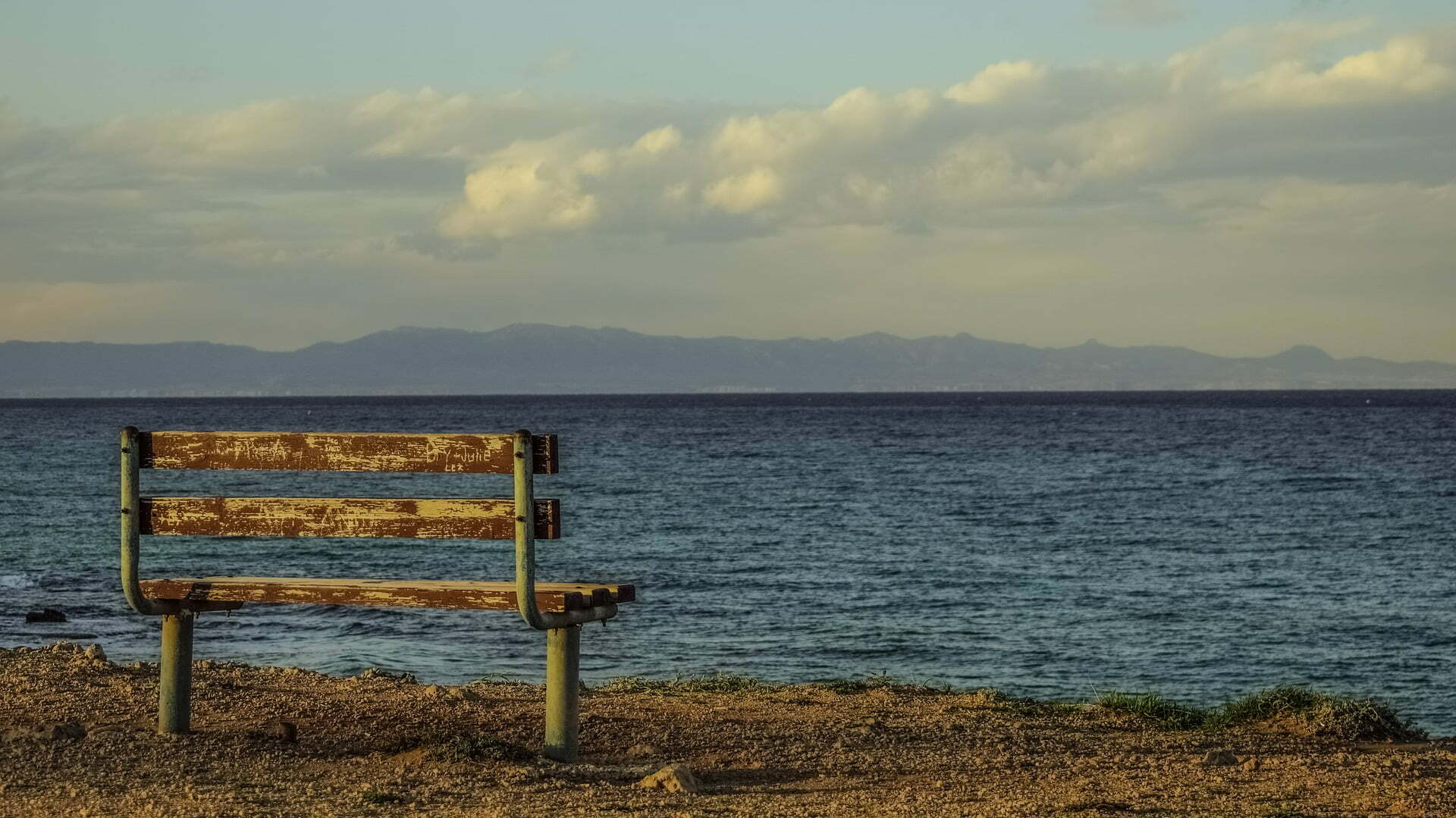
So You Think You Can Podcast?
You probably can, but it takes a lot of work and some stick-to-itivness.
f you’re like 41% of Americans, you probably listen to your favorite podcast at least once a month (or more, if you’re like me.) That’s about 116 million Americans who tune in to the new talk radio format that allows you to listen to your favorite creators whenever, and wherever, you want by simply downloading an app on the phone that’s already in your pocket.
When I first suggested to the other editors of borrowed solace, the literary journal where I am co-founder and poetry editor, that we start a podcast, I was met with a bit of skepticism. How do you even start a podcast, and why would anyone ever listen to what we have to say? These are questions everyone who has entertained the idea of putting their own podcast out there has certainly asked, so if you’re still in this phase of questioning you’re not alone.
Despite the other editor’s hesitancies, we jumped in and started our podcast anyway. We are currently recording season four of borrowed solace: the podcast, and have had some amazing guests, topics, and interactions with listeners all over the world. We’ve even talked about Medium a time or two. It’s perfectly normal to ask yourself questions when embarking on a new creative adventure, but don’t let those questions stop you from getting started.
The amount of people listening to podcasts has grown exponentially in recent years, making now as good a time as ever to try your hand at getting your own voice out there. If you’re considering starting a podcast, here are five things you’ll need to get going:
1. An idea
All podcasts, of course, start with an idea. If you’ve started thinking about podcasting before knowing what your podcast will be about, you’re doing things a little bit backward, but that’s okay. Think about topics that you are an expert in or that interest you. Are you an expert on wine? Have you had a crazy life as a world traveler? Were you once homeless and worked your way into an amazing life? Everyone has their own unique background and story, and you are no exception!
Think about the things in your life that you could talk about for hours and hours on end — that’s literally what a podcast is — and go from there. Even better if it’s a topic you try searching for on existing podcast platforms and don’t find any other shows covering. And even if you do find a slew of shows already covering wine, think about your own unique spin on the topic. If you can make a show about a popular topic that comes at things from a new angle, you’re golden.
2. A microphone
Obviously recording a podcast means you need to have a microphone to actually record the podcast with. What type or brand of microphone, however, is another question entirely. I’ve read countless blogs; watched innumerable videos; and read reviews on a multitude of different podcasting microphones on the market, but I actually don’t use a microphone that is typically recommended for podcasters. The microphone I use was recommended by my dad — a musician with a plethora of recording devices in his home studio. In fact, I started off borrowing his microphone rather than purchasing my own because a good microphone simply isn’t cheap.
Since starting the podcast three years ago I’ve purchased my microphone, but it’s just a newer version of the one my dad lent me when I was first starting out — the Zoom H1n handy recorder. I’ve been pleased with this mic, and it has come in handy, as the name implies, for the few times I’ve recorded an episode away from my desk at home.
Regardless of what mic you end up with, you’ll also want to purchase a stand — one of those flexible tripods you’re always seeing vloggers tote around is what I use — and a pop filter. Do yourself a favor and start off with a pop filter so you don’t get a comment that you really could use one several episodes in like I did!
3. An editing software
This might sound expensive and scary, but it’s actually the cheapest tool you will need for your podcast — you can get great editing software for free by downloading Audacity.
Most podcasts don’t need any fancy audio tricks — especially when you’re first starting. You might want to get an intro song (I like Audio Jungle for a wide selection and affordable prices) and cut out the moments when you fumble over your words, but otherwise, podcasts are pretty easy to edit. So you don’t need to purchase any fancy software to get the job done, just start out with software that’s free, intuitive, and works.
4. A hosting platform
This is arguably the most complicated decision you’ll need to make for your podcast. If you already have a website and want to host your podcast RSS feed on your blog, just add a podcasting plugin to your website hosting service (we use blubrry.) When hosting your platform through your website, it’s easy to keep everything in one spot so anyone stumbling across your site on the world wide web will see your podcast. Because of this, that’s probably what I’d recommend (though I’m by no means an expert on podcast hosting platforms.)
If you don’t have a website already and want to start from scratch, there are other hosting platforms like Anchor.fm or PodBean that don’t require you to have a separate website. Your mileage may vary, though, with those options — I can’t recommend or not recommend them since I’ve never podcasted through these types of platforms!
5. A willingness to learn
This requirement is key because podcasting has a bit of a learning curve (okay, a lot of a learning curve.) As with anything new, you won’t be great at it right out of the starting gate. I’ve gone back and listened to some of our first podcasts with borrowed solace, and they’re definitely cringe-worthy (especially since the sound of the fridge in my old apartment tends to dominate all of our conversations — yikes.)
But I also enjoy listening to those first few episodes because it shows how far we’ve come! I’m much more comfortable talking to the other editors or any guests we have on the podcast now, and we come up with better scripts, ideas, and just overall better conversation these days.
It took a while to get here, and a while of posting consistently before we started to see anyone listening. You’ve got to go into starting a podcast with a willingness to learn because that’s what the entire experience will be — a masterclass on podcasting, one episode at a time.
Now that you know five things you will need to start your podcast, get going! Your dream of being a successful podcast host will never get off the ground if you don’t start, so take the plunge. Buy that microphone, write your first episode outline, and start recording. You’ll never know if you can make it in one of the fastest-growing content-driven industries out there unless you try, so good luck!





